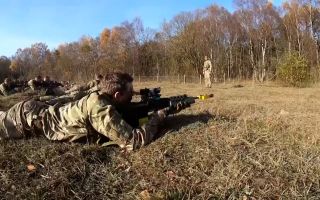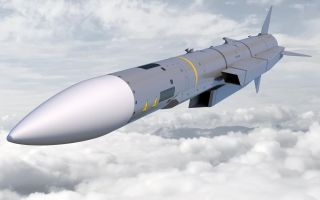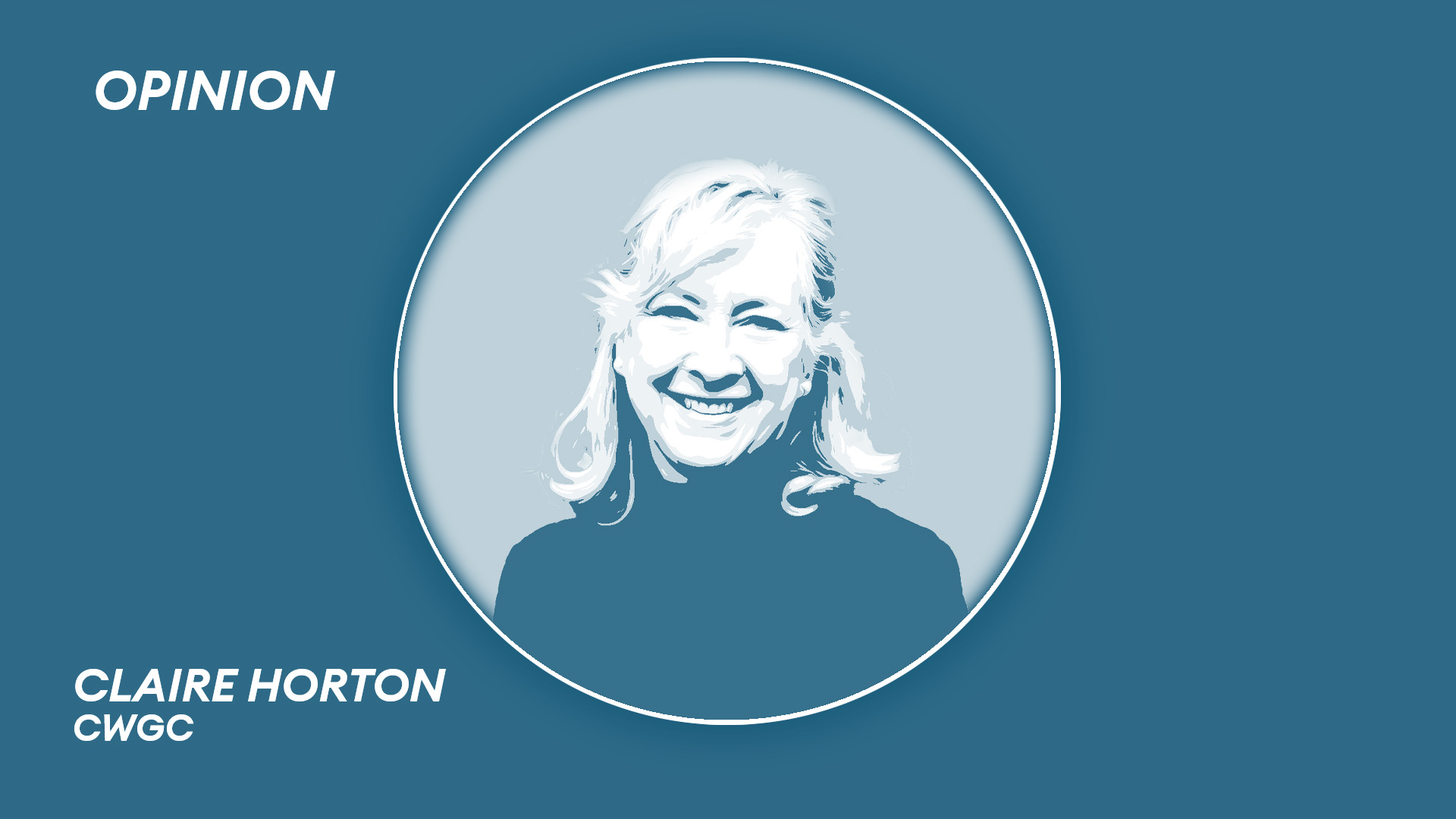
Why VE Day 80 is far more than just another date in the commemorative calendar

In an increasingly uncertain world, the 80th anniversary of VE Day is more than a historical milestone. It is a reminder – urgent and resonant – of what was fought for, and of who still defends it.
The Commonwealth War Graves Commission (CWGC) has cared for the memory of those who died in the world wars for more than a century.
We are custodians of 1.7 million stories of service, resilience, and unimaginable loss.
But this May, as we pause to mark the end of the Second World War in Europe, we are reminded that commemoration alone is not enough. Peace must be protected, not only recalled.
It therefore must be carried forward by the Armed Forces community, by the public, and by future generations.
As conflict, displacement, and division once again mark our global landscape, VE Day 80 arrives with a heightened sense of relevance.
Today's headlines of unrest in Europe, the Middle East, and beyond echo the very instability the Second World War sought to overcome.
The message of peace, unity and international cooperation that emerged in the wake of World War II has never felt more vital.
The enduring human impact of war can be seen across our cemeteries, memorials, and visitor centres in the UK and around the world.
These are not static monuments but places where history is felt and reflected upon. They remind us that peace was hard-won and that protecting it requires effort from us all.
At the centre of this year's commemorations is the Commonwealth War Graves Torch for Peace – a powerful, unifying symbol of commemoration and hope.
It will be carried from Whitehall to Buckingham Palace as part of the national procession on the bank holiday Monday, before travelling across the country and overseas. Its journey is not just ceremonial.
It represents something enduring: the idea that commemoration is not static. It is a responsibility being passed from one generation to the next to honour the past while shaping a more peaceful future.
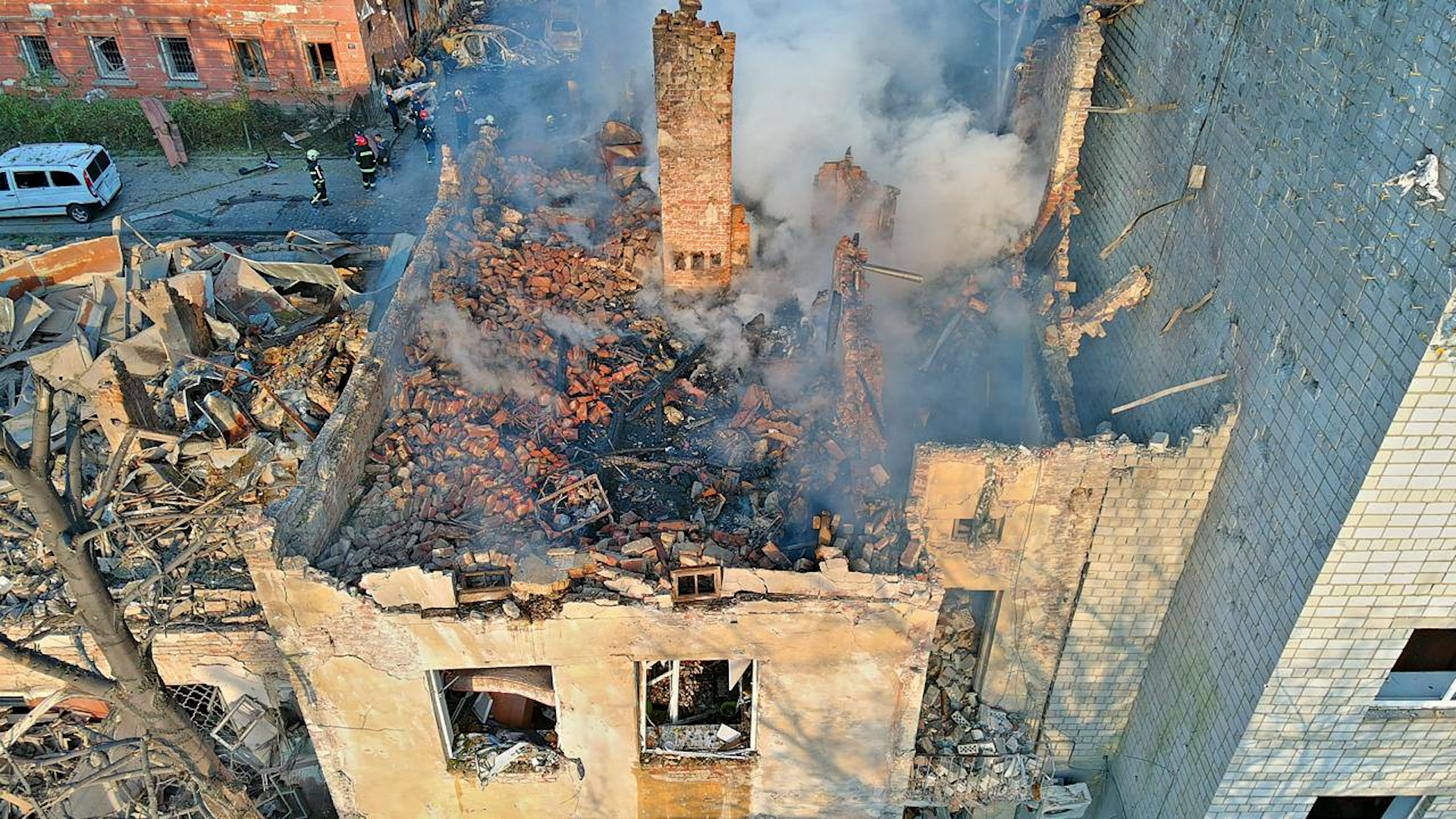
However, commemorating the past cannot remain confined to tradition. It must adapt if it is to remain relevant.
That is why the work of the Commonwealth War Graves Foundation is so vital. Through our foundation, we are finding new ways to engage people, especially younger generations, who may not feel a personal connection to the Second World War, but who are nonetheless its inheritors.
The For Evermore tour is a perfect example of how we can connect with the public to inspire the next generation to take up the important work of commemoration.
It begins with a poignant ceremony at Coventry Cathedral – a city that stands as a symbol of both wartime devastation and the determination to rebuild.
The tour brings remembrance into everyday spaces, through a mobile exhibition that will visit towns and cities across the UK and beyond.
It is not about grand gestures; it is about meeting people where they are and giving them space to reflect on what peace means to them.
For many, the most powerful connection to the past comes not through dates or places, but through stories – personal, intimate accounts that speak to courage, loss, endurance.
That is why the For Evermore digital archive exists: to collect and share the lived experiences of those affected by war across the Commonwealth.
These are not abstract histories. They are stories of families, communities, and individuals who shaped the world we live in today.
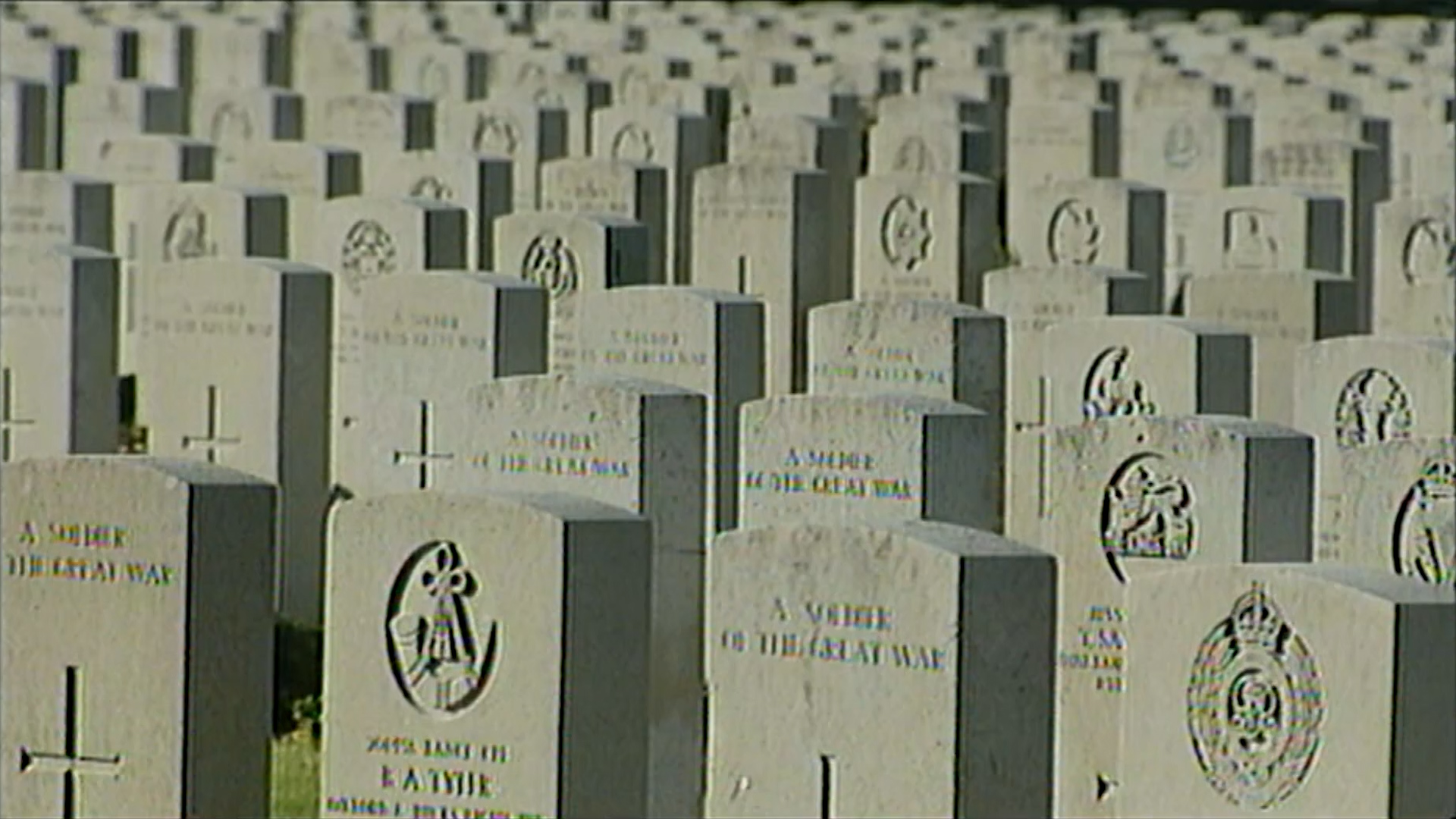
As the number of living veterans and eyewitnesses to the Second World War dwindles, we are determined that their legacy does not fade.
At the CWGC, we feel a profound duty to pass the baton of commemoration to younger generations.
Through the work of our foundation, through our education programmes, and through public engagement, we are ensuring that future generations understand the human impact of conflict and the value of peace.
VE Day 80 is a time for celebration, yes – but also for reflection. We celebrate the end of a devastating conflict, but we also reaffirm something deeper: that peace is a responsibility, not only for soldiers, but for all of us.
We hope this anniversary inspires reflection on the ongoing service of men and women in uniform today, who continue to uphold the values of peace and unity across the globe.
We hope it reminds people that commemoration is not passive – it is active. It is a call to remember, and a call to carry forward the legacy of those who died for our freedoms, for evermore.
Claire Horton CBE is the Commonwealth War Graves Commission's Director General. She has worked in the not-for-profit sector for more than 30 years.




